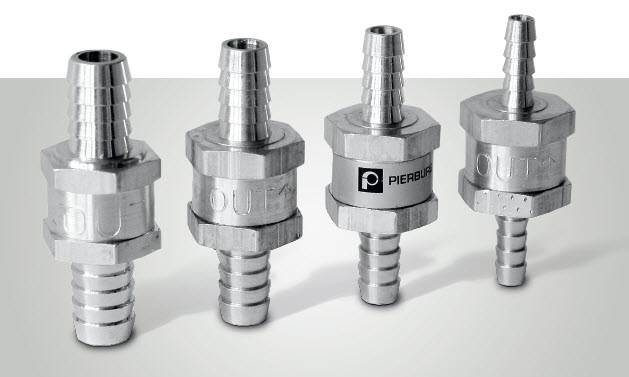Fuel check valves are an essential component in modern vehicles, designed to prevent fuel leaks and ensure efficient fuel delivery. In this article, we will provide a comprehensive guide to fuel check valves, exploring their functions, types, and importance in vehicle maintenance.
Functions of Fuel Check Valves
Fuel check valves are designed to perform several critical functions in a vehicle’s fuel system. Their primary function is to prevent fuel leaks, which can occur due to various reasons such as worn-out seals, damaged O-rings, or cracked fuel lines. Fuel check valves also help to maintain fuel pressure, ensuring that the fuel pump delivers fuel efficiently to the engine. Additionally, they help to prevent air from entering the fuel system, which can cause issues such as fuel pump damage, engine stalling, and poor fuel economy.
Types of Fuel Check Valves
There are several types of fuel check valves available in the market, each with its unique design and function. The most common types of fuel check valves include:
- Mechanical Fuel Check Valves: These valves are designed with a spring-loaded poppet that opens and closes to allow fuel flow. They are simple in design and relatively inexpensive, but may not provide the same level of precision as other types of fuel check valves.
- Electronic Fuel Check Valves: These valves use an electric solenoid to control fuel flow. They are more precise than mechanical valves and can provide faster and more accurate fuel flow control.
- Pilot-Operated Fuel Check Valves: These valves use a small pilot valve to control fuel flow. They are designed to provide a high level of precision and are often used in high-performance vehicles.

Importance of Fuel Check Valves
Fuel check valves play a critical role in maintaining the health and performance of a vehicle’s fuel system. They help to prevent fuel leaks, which can save fuel and reduce emissions. They also help to maintain fuel pressure, which can improve engine performance and fuel efficiency. Additionally, fuel check valves help to prevent air from entering the fuel system, which can damage the fuel pump and engine.
Installation and Maintenance
Fuel check valves are relatively easy to install and maintain. They can be installed in various locations throughout the fuel system, including the fuel tank, fuel lines, and fuel injectors. It is important to follow proper installation procedures to ensure that the valve functions correctly. Regular maintenance, such as cleaning and inspecting the valve, can also help to ensure optimal performance.
Conclusion
In conclusion, fuel check valves are an essential component in modern vehicles, designed to prevent fuel leaks and ensure efficient fuel delivery. They come in various types, including mechanical, electronic, and pilot-operated valves. Proper installation and maintenance are critical to ensure optimal performance and extend the lifespan of the valve. By understanding the functions, types, and importance of fuel check valves, vehicle owners can take steps to ensure the health and performance of their fuel system.
In summary, fuel check valves are crucial in preventing fuel leaks and maintaining fuel pressure in vehicles. They come in different types, and it’s important to install and maintain them properly to ensure optimal performance.